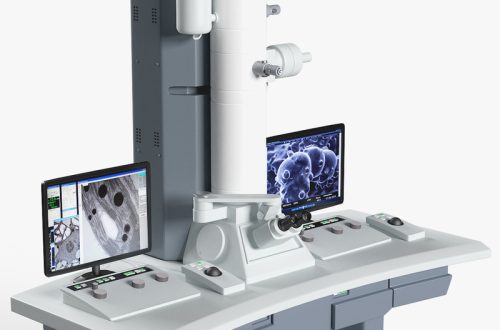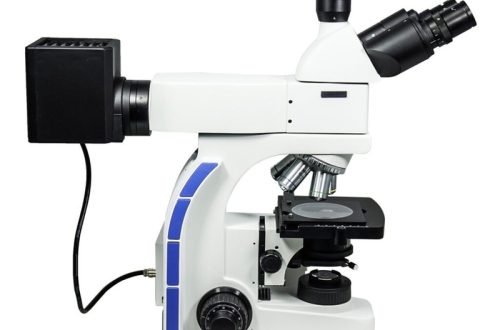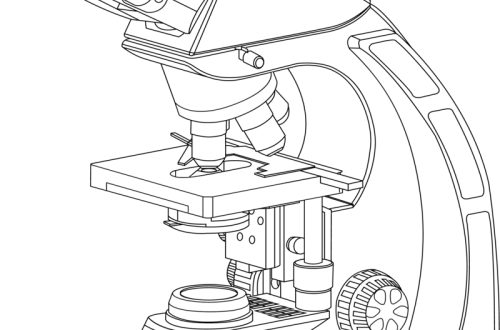Part 1: Importance of Office Organization Supplies
1. Improved Efficiency:
Proper organization supplies such as file folders, desk organizers, and storage bins can significantly enhance employee efficiency. A well-organized workspace reduces the time spent searching for documents or supplies, allowing employees to focus more on their tasks and be more productive. When everything has its designated place, employees can quickly locate what they need, minimizing interruptions and distractions.
Moreover, organization supplies can help to streamline workflows and improve communication. By using consistent labeling systems and filing methods, employees can easily share information and collaborate with colleagues. This can lead to improved teamwork and faster project completion.
2. Reduced Stress:
A cluttered and disorganized workspace can lead to stress and distraction. By providing the right organization supplies, employers can create a more pleasant and stress-free work environment, leading to higher morale and increased productivity among employees. When employees are surrounded by clutter and disorganization, it can be difficult to concentrate and stay focused. This can lead to increased stress, decreased motivation, and lower job satisfaction.
Additionally, a disorganized workspace can contribute to a negative company culture. When employees feel overwhelmed and stressed, it can create a toxic work environment that can negatively impact morale, productivity, and overall company performance. By investing in organization supplies, companies can create a more positive and productive work environment that benefits both employees and the bottom line.

Part 2: Effective Use of Storage and Filing Systems
1. Clear Desk Space:
Utilizing desk organizers, filing systems, and storage solutions helps to keep desk surfaces clear and uncluttered. This allows employees to work more comfortably and have a clearer mental focus on their tasks. When employees are surrounded by clutter and disorganization, it can be difficult to concentrate and stay focused. A clear desk space can help to reduce distractions and improve productivity.
Furthermore, a well-organized desk can contribute to a more positive and professional work environment. When employees take pride in their workspace, they are more likely to feel motivated and engaged in their work. A clean and tidy desk can also help to create a more positive impression on visitors and clients.
2. Document Accessibility:
Proper filing systems and storage solutions ensure that important documents and resources are easily accessible when needed. This minimizes the time spent searching for files and enhances overall productivity. When employees can quickly locate the documents they need, they can work more efficiently and effectively. This can help to reduce errors, improve accuracy, and meet deadlines.
Additionally, a well-organized filing system can help to protect sensitive information. By ensuring that documents are stored securely and easily accessible, companies can reduce the risk of data breaches and protect their intellectual property. This can be particularly important in industries that handle sensitive customer data or proprietary information.
Part 3: Utilizing Digital Organization Tools
1. Digital Filing Systems:
Implementing digital organization tools and software can significantly streamline document management and access. This includes cloud-based storage solutions, document management software, and email organization tools that contribute to a more efficient workflow. By transitioning to digital filing systems, companies can reduce the need for physical storage space, eliminate the risk of paper documents being lost or damaged, and improve access to information.
Furthermore, digital filing systems can enhance collaboration and teamwork. When documents are stored digitally and accessible to authorized employees, it is easier for teams to share information and work together on projects. This can lead to improved communication, faster decision-making, and increased productivity.

2. Task Management Apps:
Utilizing task management and productivity apps helps employees stay organized, track deadlines, and manage their workload effectively. This can lead to improved time management and overall productivity. When employees have a clear understanding of their priorities and deadlines, they are better able to manage their time effectively and avoid feeling overwhelmed. Task management apps can also help to improve focus and concentration by providing a structured framework for managing tasks and projects.
Additionally, task management apps can enhance collaboration and accountability. By sharing tasks and projects with team members, employees can improve communication and ensure that everyone is on the same page. This can help to prevent misunderstandings, reduce errors, and improve overall project outcomes.
Part 4: Creating an Organized Work Environment
1. Ergonomic Workspace:
In addition to physical organization supplies, creating an ergonomic workspace layout contributes to an organized and efficient work environment. This includes adjustable desks, comfortable chairs, and proper lighting to enhance employee focus and well-being. When employees have a workspace that is designed to support their physical needs, they are more likely to feel comfortable, focused, and productive.
Ergonomic furniture and lighting can help to reduce physical discomfort and fatigue, which can lead to increased productivity and reduced absenteeism. Additionally, a well-lit workspace can help to improve employee morale and create a more positive work environment.
2. Collaborative Workspace:
Incorporating organization supplies in shared or collaborative workspaces, such as whiteboards, calendars, and project management tools, helps teams stay organized, communicate effectively, and collaborate efficiently. When teams have a shared space that is well-organized and equipped with the necessary tools, they are more likely to be productive and successful.
Whiteboards and calendars can be used to track progress, set goals, and keep everyone on the same page. Project management tools can help teams to plan, organize, and track the progress of projects. By providing teams with the necessary tools and resources, companies can create a more collaborative and productive work environment.
Part 5: Employee Training and Support
1. Training on Organization Practices:

Employers should provide training on effective organization practices, including the use of organization supplies and digital tools. This ensures that employees understand how to maximize the benefits of these resources. By providing training, companies can help employees develop the skills and knowledge they need to create and maintain an organized workspace. This can include training on topics such as time management, task prioritization, and the effective use of digital tools.
Furthermore, training on organization practices can help to promote a culture of organization and efficiency within the company. When employees are equipped with the tools and knowledge they need to be organized, they are more likely to be productive and efficient in their work. This can lead to improved morale, increased job satisfaction, and a more positive work environment overall.
2. Support for Personal Organization:
Encouraging employees to personalize their workspaces with organization supplies that suit their individual work styles and needs can contribute to a more organized and productive work environment. When employees are able to customize their workspace, they are more likely to feel comfortable, motivated, and engaged in their work. This can lead to increased productivity, improved morale, and reduced stress.
Additionally, allowing employees to personalize their workspaces can help to foster a sense of ownership and responsibility. When employees feel like they have a say in how their workspace is designed, they are more likely to take pride in their work and be committed to maintaining an organized and efficient environment.
Part 6: Continuous Improvement and Feedback
1. Feedback Mechanisms:
Establishing a feedback system allows employees to share their perspectives on the effectiveness of organization supplies and suggest improvements. This can lead to the implementation of better organization strategies and supplies.
2. Regular Assessments:
Employers should conduct regular assessments of the use and impact of organization supplies on productivity. This helps in identifying areas for improvement and ensuring that the workspace remains organized and conducive to productivity.
In summary, office organization supplies play a crucial role in boosting productivity by maintaining a clutter-free and efficient work environment. Employers can enhance employee efficiency, reduce stress, and create a workspace that promotes focus and collaboration by investing in the right organization supplies and supporting effective organization practices.




